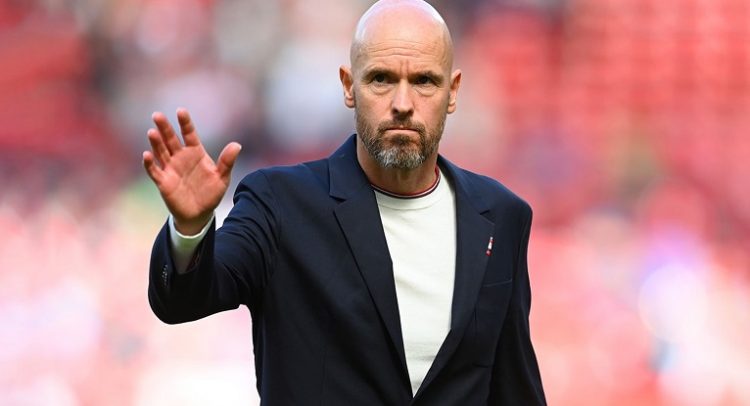
In the dating world, the issue of sticking to one partner seems to be a recurring theme, especially among men.
While it's not exclusive to any gender, there are a few reasons why some men find it challenging to remain monogamous. It’s a complex interplay of psychological, societal, and personal factors. Let’s delve into this, shall we?
1. The desire for variety
One of the often-cited reasons is the craving for variety. It's human nature to be curious about the unknown, and for some, this extends into their romantic lives.
The allure of new experiences and the excitement that comes with new relationships can be tempting for those who prioritize novelty over stability.
2. Fear of missing out
Then there's the dreaded FOMO – fear of missing out. In a world where social media constantly bombards us with the highlight reels of others’ lives, some men fear settling down too soon, worried they might miss out on something 'better'.
It's the paradox of choice: with so many options, making a definitive decision feels more daunting than ever.
3. Commitment Phobia
For others, the root of the issue is a deep-seated fear of commitment. This could stem from past traumas, attachment issues, or negative experiences in previous relationships.
The idea of being tied down to one person forever can evoke feelings of panic and suffocation, leading them to shun monogamy.
4. Societal pressures
Societal expectations also play a role. In many cultures, there's a perceived notion that masculinity is linked with the ability to attract multiple partners.
This pressure can push some men towards proving their 'manhood' by refusing to settle with one partner, even if it goes against their personal values or desires.
Understanding why some men can't stick to one partner is complex and varies from individual to individual.
It's crucial to approach this topic with empathy and an open mind, recognizing that personal choices are influenced by a myriad of factors beyond mere willpower or morality.
Creating a space for honest conversations about desires, fears, and expectations can pave the way for healthier relationships, irrespective of their nature.
Read Full Story























Facebook
Twitter
Pinterest
Instagram
Google+
YouTube
LinkedIn
RSS